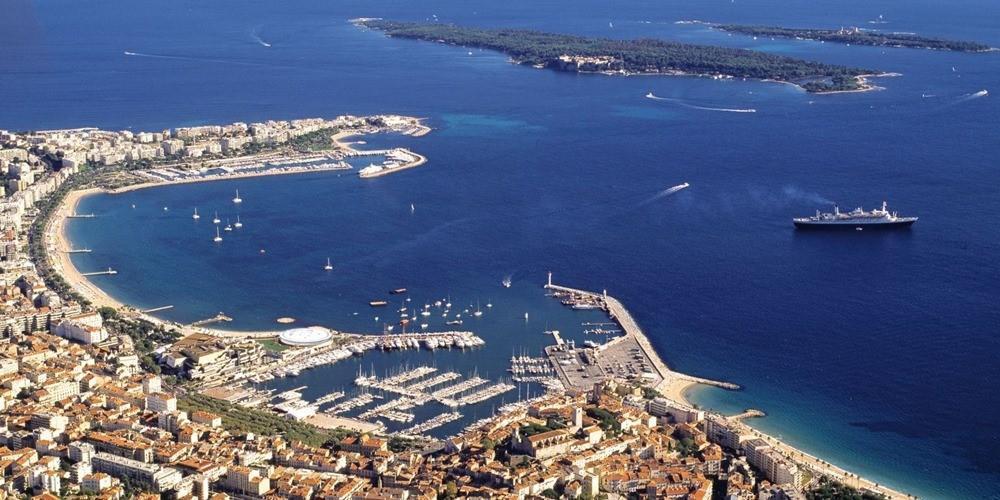The Mediterranean (French Riviera) resort town Cannes (currently ranked France's 4th-biggest cruise port) will ban the most polluting passenger liners from 2020 in a bid to boost air quality. The ban will target vessels (cruise and ferries) that don't comply with port's 0,1% cap on sulfur in their marine fuel. This could stop some cruise ship tourists from disembarking in Cannes for the world-famous annual film festival.
Under the European Union's clean air policy, the cap is already enforced in the regions (ports) of North Sea, Baltic Sea, English Channel, and could be extended to the Mediterranean Sea.
According to pollution analyses, cruise vessels' fuel (diesel oil) contains ~2,000 times more SO than ordinary diesel fuels. The exponential growth of the cruise travel industry is often criticized by residents of popular for tourism cities but it is also considered a threat to the environment.
According to figures from CLIA (Cruise Lines International Association), in 2019, a total of 30 million tourists are expected to travel on nearly 300 different cruise ships in 2019, or 17.8 million compared to 2009.

In July, NCLH-Norwegian Cruise Line Holdings (representing ~40% of Cannes' port traffic) signed a Cruise Charter agreement with the city, promising to make its visiting vessels more environmentally friendly.